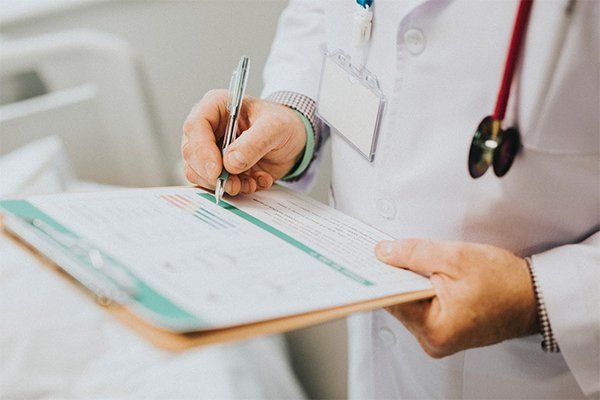Alcohol and the Digestive System: What You Should Know

According to the National Institute on Alcohol Abuse and Alcoholism, over 55 percent of adults in the United States may indulge in alcoholic beverages in any given month, with over 26 percent of them engaging in binge drinking. Unfortunately, alcohol can wreak havoc on many physical components necessary for a healthy life, including the organs of the digestive system.
While you don't necessarily have to tee-total your way through life to enjoy good health, you need to understand the risks and problems that can affect heavy drinkers' digestive well-being. Take heed of the following key points about alcohol's effects on your digestive system's components and function.
Alcohol and Acid Reflux
Alcohol consumption can aggravate acid reflux in susceptible individuals. If you tend to struggle with heartburn and other reflux symptoms, drinking alcohol can make those symptoms more frequent and severe, forcing you to reduce or even discontinue your drinking practices.
Your alcohol-related discomfort may actually begin in the throat. Alcohol has irritant properties that cause damage and swelling in the larynx, producing chemical injuries similar to those produced by tobacco smoke. The same irritant effect also leads to heartburn-like pain in the sensitive esophageal tissues.
As alcohol reaches the stomach, it may relax the sphincter muscles that normally keep stomach acid from leaking upward into the esophagus, triggering acid reflux attacks. Alcohol not only increases the acid content of your stomach contents, but it also makes your digestive tissues more sensitive to the acid.
Alcohol and Digestive System Diseases
Alcohol can inflame and damage the liver, producing serious illnesses, such as hepatitis and cirrhosis, over time. This key digestive organ has remarkable recuperative powers, but sustained heavy drinking can damage it beyond its ability to heal. If you drink, schedule periodic medical tests to monitor your liver's condition.
Excessive alcohol consumption can also raise your risk for several digestive cancers. Even moderate drinkers have slightly elevated risks for throat, esophageal, stomach, liver, and colon cancer. The stomach cancer risk rises by 65 percent in men who regularly consume more than four drinks per day.
The less alcohol you regularly consume, the more effectively you can moderate your risk for alcohol-related digestive cancers. You can also reduce your current risk level by giving up alcohol entirely, although this reduction may occur very slowly. Regular health checks can catch cancer early, allowing for more effective treatment.
Alcohol and Nutrient Malabsorption
Alcoholic beverages may add insult to injury by interfering with your body's ability to absorb and process nutrients. Alcohol causes the pancreas to produce fewer digestive enzymes. It also damages the stomach and intestinal cells that aid in nutrient absorption and prevents the transport of certain nutrients by the blood.
Your digestive system has its own delicately balanced microbiome, an ecosystem of bacteria that help break food down into its essential nutrients. The presence of alcohol can upset this balance, preventing you from getting the full nutritional value out of your food no matter how sensibly you eat.
Malnutrition in its various forms can pose significant risks for heavy drinkers. A body deprived of necessary vitamins, for example, may suffer from neurological damage, impaired healing processes, weak bones, vision loss, and other complications.
This malabsorption of nutrients can have a domino effect on the rest of your digestive and metabolic functions. When these systems fail to receive the nutrients they need to maintain their own processes, they may start to malfunction as well.
Many heavy drinkers forgo healthy eating in favor of drinking more, which can greatly accelerate alcohol-related malnutrition. If you drink alcohol, make a point of eating a balanced diet every day. Ask your doctor whether you might benefit from nutritional supplements to round out any insufficiencies.
If heavy alcohol consumption has caused your reflux to flare up or produced other troubling digestive symptoms, contact Kentuckiana Gastroenterology & Paramount Surgery Center for an appointment. Our medical specialists can evaluate your condition, make lifestyle recommendations as needed, and prescribe the appropriate treatments to help you regain your digestive health and comfort.

















